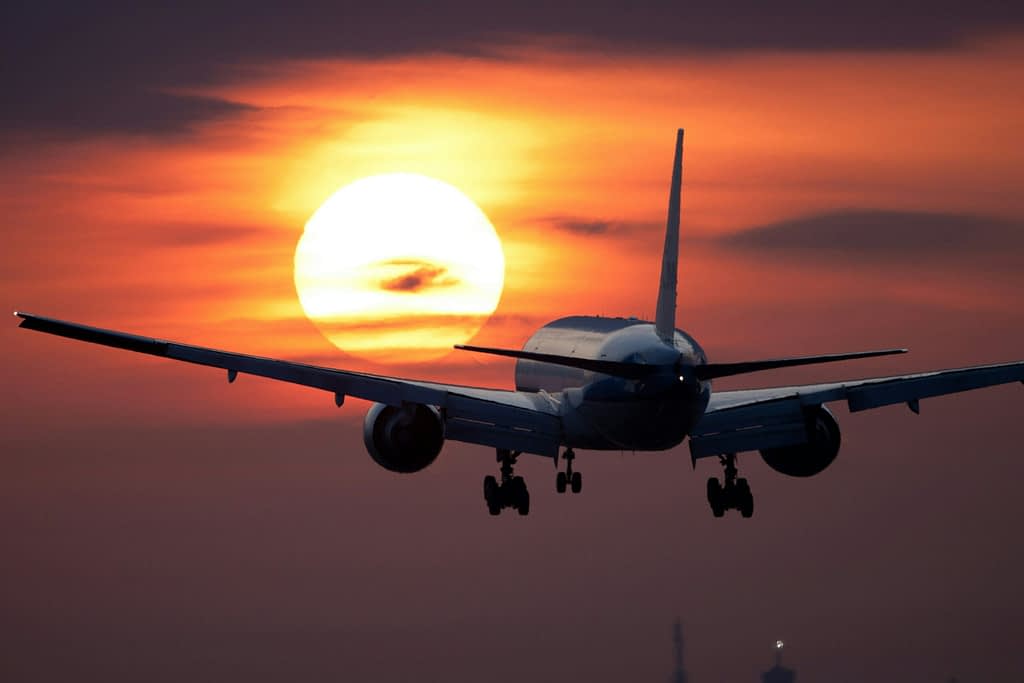Following a breakthrough in trade negotiations between the USA and China, which temporarily reduced tariffs on both sides, the Chinese government has lifted its month-long ban on Boeing aircraft deliveries. This news comes as the world’s two largest economies have reached a temporary trade truce.
A Fresh Wind for Trade Relations
According to sources familiar with the situation, Chinese officials have begun informing domestic airlines and government agencies this week that they can resume accepting American-made aircraft. Airlines have been given the freedom to organize deliveries according to their own schedule and terms.
This trade truce brings:
- Reduction of US tariffs on most Chinese imports from 145% to 30% for 90 days
- Reduction of Chinese tariffs on US goods from 125% to 10%
- Removal of other countermeasures that China implemented against the US since April 2
What This Means for the Aircraft Market
The resumption of deliveries represents an immediate boost for Boeing, which found itself caught in the middle of a trade dispute after the President’s tariffs triggered retaliatory measures from China. These measures made Boeing aircraft unaffordable for Chinese carriers.
Signs of potential détente emerged in late April when China indicated its willingness to support normal cooperation with US companies and offered to suspend higher duties on certain US imports, including medical equipment, industrial chemicals, and aircraft leases.
Strategic Importance for Boeing
Lifting the ban brings several advantages for Boeing:
- Approximately 50 aircraft designated for delivery to China this year
- Saving time and costs of finding new buyers
- Securing significant payments after aircraft delivery to customers
According to forecasts, China is expected to account for 20% of global aircraft demand over the next two decades. In 2018, nearly a quarter of Boeing’s production went to China.
Political Dimension of the Aviation Industry
Boeing has faced several challenges in the Chinese market in recent years:
- In 2019, China became the first country to ground the 737 Max model after two tragic accidents
- Trade disputes with the Biden and first Trump administrations redirected Chinese orders to European Airbus
- In early 2024, Boeing faced a quality crisis when a door panel detached during flight
Boeing’s role in international trade is becoming increasingly political, as evidenced by the White House’s recent agreement with Great Britain, including the sale of 32 Boeing 787-10 Dreamliner aircraft to British Airways valued at $10 billion.




